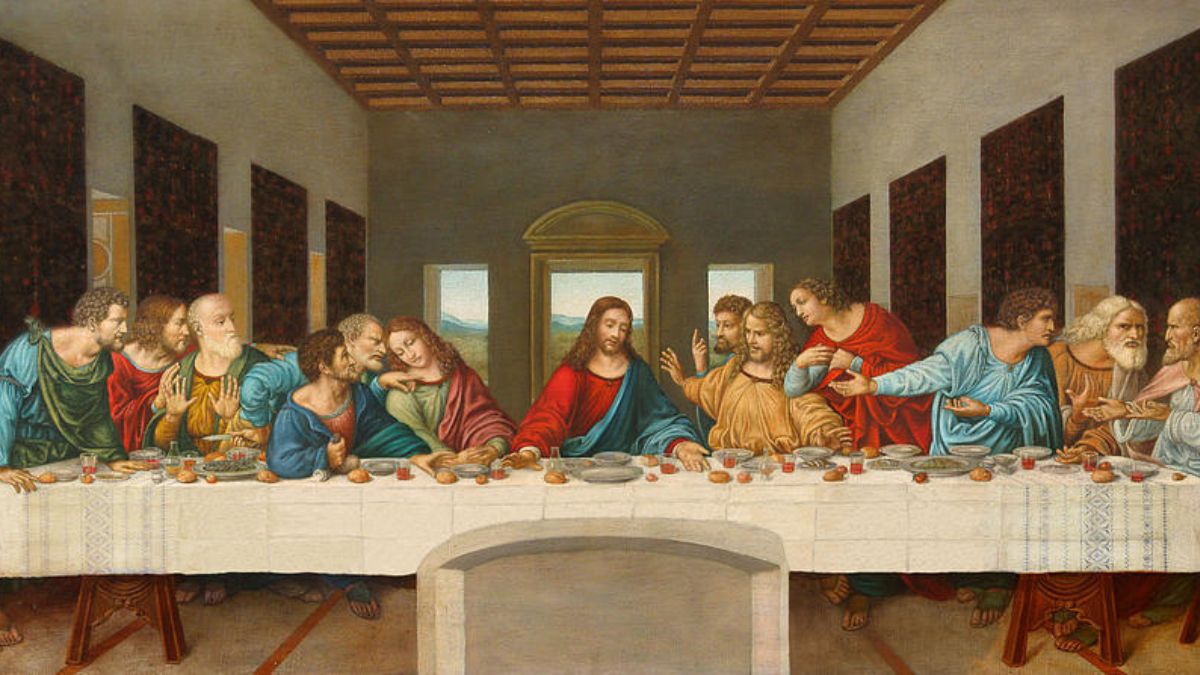

BreakPoint
All You Need Is Sex
This Sunday millions of people will watch the Oscars to see which film will be chosen as the best of 1999. One film that's on the list is Shakespeare in Love. It's up for 13 Oscars, including Best Picture and Best Actress. If you haven't seen this film, you might naturally assume it's about the love between Shakespeare and his wife, Anne Hathaway. Think again. The movie is actually complete fiction and presents sex as the driving energy of Shakespeare's life and creativity. The Shakespeare we meet at the start of the film has a bad case of writer's block--one that can be overcome only by having someone to love. His wife is not even considered as a candidate for the job: We're told that she kicked Shakespeare out of her bed after the birth of their children. Fortunately for the sake of Western Civilization, Shakespeare finds his objet d'amour in Viola DeLessep, the daughter of a wealthy merchant. Shakespeare's writer's block is overcome and in less time than you can say "Love's Labors Lost," Shakespeare is revising a mediocre play named Romeo and Ethel and turning it into a masterpiece called Romeo and Juliet. Ironically, a film that is supposedly about the power of love has a very limited way of expressing it. Aside from a solitary sonnet, love is expressed purely in sexual terms. We know that Will and Viola love each other because, to put it mildly, they can't keep their hands off each other. Sex does more than cure writer's block. It makes Will and Viola stand out as islands of refinement and nobility in a sea of coarseness. For instance, only Will and Viola seem to take art seriously. Everybody else is content to play to the crowd's desire for cheap thrills and laughs. The message is clear: Sexual love is the necessary ingredient of genuine human existence. This idea owes more to nineteenth-century romantics than to Shakespeare. Romantics like Shelly and Wagner helped create the image of the artist as a rebel who isn't bound by the moral conventions of his time--an image that many of today's artists still try to live by. This film does Shakespeare a terrible disservice. While he was no prude, he would have never told his audience "all you need is love"--that is, sex. If you think that I'm making too much of a movie, you have to understand the tremendous influence of popular culture, especially upon the young. As film critic Neil Gabler tells us in his book, Life: The Movie, the line between reality and the movies has become increasingly blurred. Americans are learning how to act and what to believe from what they see on celluloid. Kids, even from Christian homes, may know little about Scripture--but you can bet they have their favorite films virtually memorized. And that's why the worldview presented in movies matters. If you decide to watch the Oscars, or if your kids do, help them understand the underlying worldview of the nominated films--especially if Shakespeare in Love wins the big prize. Because sex is not the driving force behind creativity--a creative and loving God is.
03/18/99















